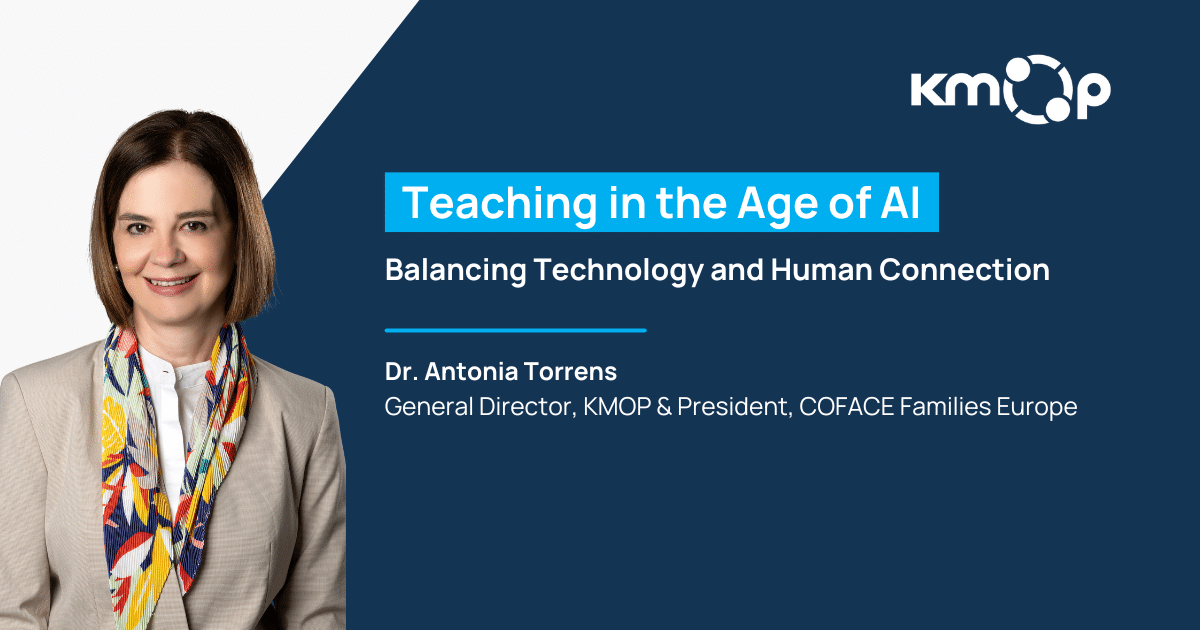Dear friends,
As we embark on this new school year, we find ourselves at an important crossroad. Artificial intelligence is no longer a distant prospect. It is gradually becoming a daily reality in our educational systems and schools. AI offers tools that can personalize learning, create adaptive learning platforms, provide diverse assessment methods, and much more.
This shift invites us not to question whether AI can influence teaching and learning, but rather how we, as educators and pedagogues, can guide its use responsibly, allowing AI to support practical tasks while we safeguard the deeper mission of education, which is nurturing thoughtful, compassionate, and responsible young people.
Recent studies confirm that when used thoughtfully, AI can reinforce rather than weaken our teaching mission. Research shows that digital tools help us create more inclusive learning environments, support students with diverse needs and free up time for teachers to focus on deeper and more meaningful interactions,-something children and young people need now more than ever-. In this way, technology becomes an ally in our efforts to cultivate equity and creativity, rather than a distraction from them.
However, there are important boundaries to recognize. AI cannot replace the emotional bonds that lie at the core of learning, such as the trust, care, and encouragement that allow children to flourish. Teaching is not only the transmission of knowledge but also the daily practice of human presence taking place through listening, guiding, and modeling integrity. Without this relational dimension, education risks losing its transformative power.
This is why our role as role models is so crucial. Beyond academic knowledge, we pass on values that shape lives and communities. Each day, we can remind children of the importance of upholding human rights, respecting diversity, and offering generosity and assistance to classmates who may feel vulnerable. We can encourage them to show compassion, celebrate cooperation over competition, and understand that school is not only a place to learn facts but to grow as better human beings.
At the same time, our classrooms can become spaces where innovation amplifies our human bonds. By integrating technology in ways that promote collaboration, critical thinking, and creativity, we prepare students not only for the jobs of tomorrow but also for the responsibilities of living in an interconnected world. Research highlights that when teachers guide the ethical and emotional use of AI, children learn to see technology as a valuable tool, but never as a substitute for empathy and fairness, which are basic prerequisites for a meaningful life.
So, let us begin this year with the confidence that, together, we can integrate innovation without losing the human essence that makes education transformative. May this new beginning inspire us to reaffirm our mission, which is to prepare young people not only to acquire new knowledge but also to become resilient and deeply connected to others.
With respect and appreciation for your work and eagerness to learn, adjust, and improve!
Dr. Antonia Torrens
General Director of KMOP, President of COFACE Families Europe

